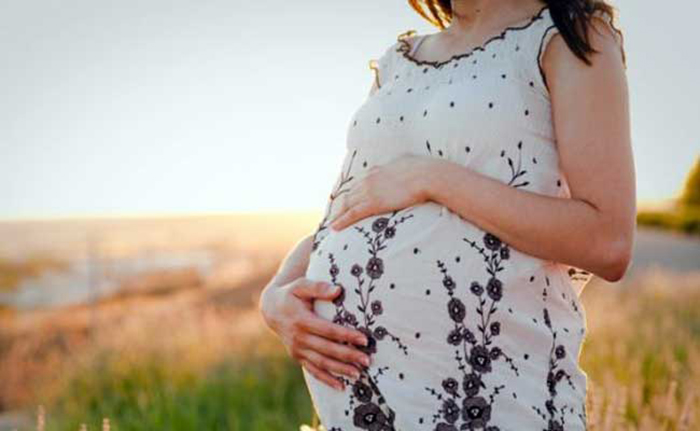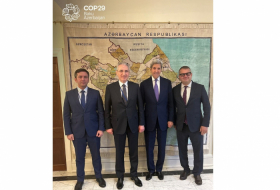The study, published in the journal NeuroReport, was conducted by a team at the University of Kansas, and used a sample of 24 pregnant women in the US.
It tested whether foetuses responded differently to the rhythm of a language that was new to them. English and Japanese have very different rhythms; English is spoken in bursts while Japanese has a more regular tempo.
Researchers played an audio clip in Japanese followed by one in English, both read by the same person, and used magnetic imaging to measure the foetus’s heart rate.
They found that the unborn babies’ heart rates changed when they heard the Japanese language, with which they were unfamiliar, while there was no variation when they heard the clip in English – showing that they recognised a rhythmical difference between the two.
Experts said the finding suggested language development begins before birth and the study could pave the way for further research on the neural abilities of unborn babies.
“These results suggest that language development may indeed start in utero,” said Utako Minai, associate professor of linguistics at the University of Kansas and the lead researcher on the study. “Foetuses are tuning their ears to the language they are going to acquire even before they are born, based on the speech signals available to them in utero.
“Pre-natal sensitivity to the rhythmic properties of language may provide children with one of the very first building blocks in acquiring language.
“We think it is an extremely exciting finding for basic science research on language. We can also see the potential for this finding to apply to other fields.”
Previous studies have shown that newborn babies respond differently to different languages, but this is the first time a similar finding has been made in unborn children using the most accurate technology available.
While one earlier study that used ultrasound reported a similar finding, the University of Kansas project used more advanced imaging technology in a more controlled environment.
More about: #science
















































